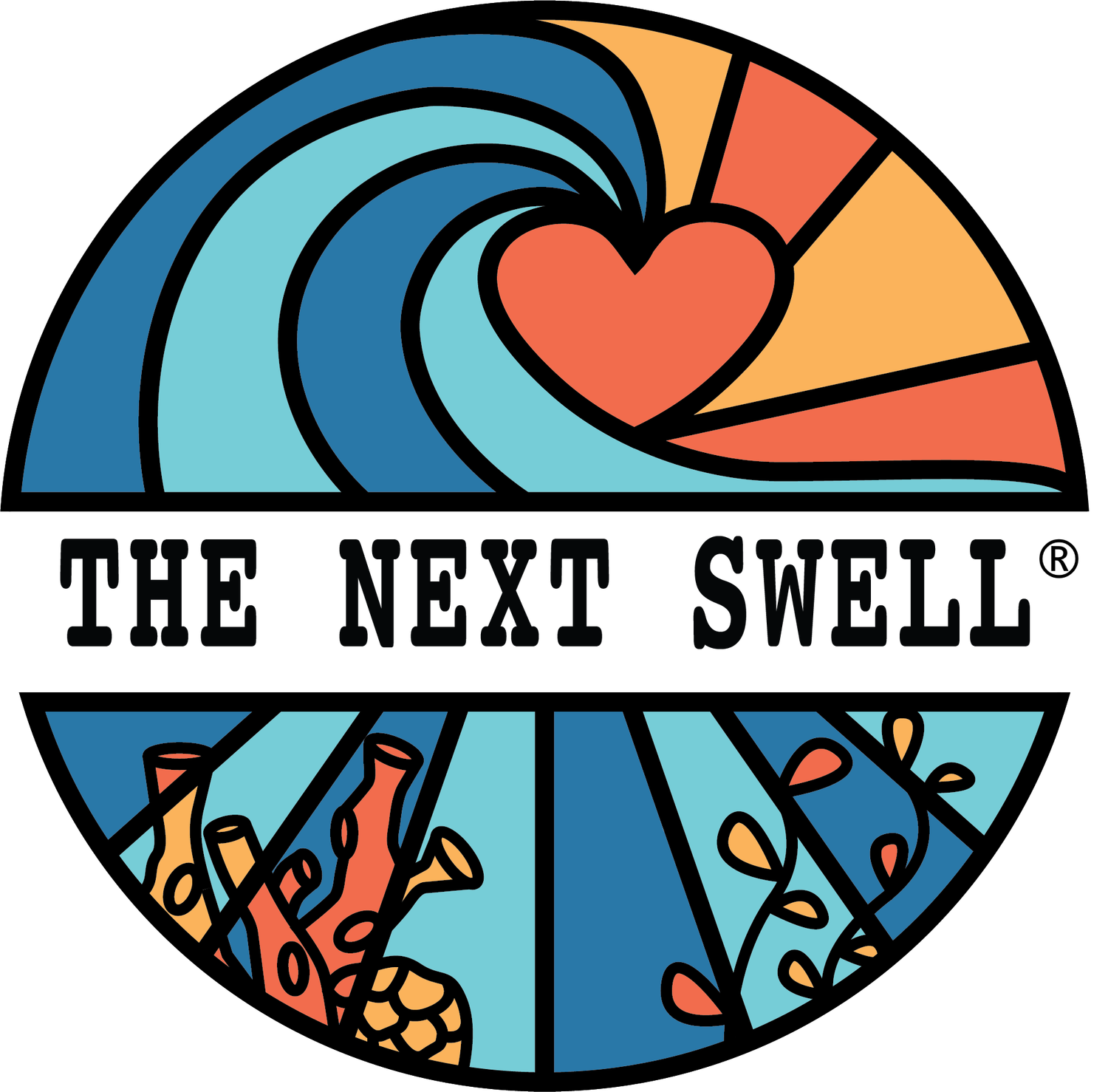Is a career in “Marine Biology” the only career that can help our oceans?
When I am asked what I do for a living my immediate response is “I am a marine biologist”. This is simply an easy response to a complex question since, when people think about careers focused on our oceans, “marine biologist” is what generally comes to mind. But how would we really label my past path and current career? You be the judge.
We have been getting quite a few emails regarding eligibility for The Next Swell Scholarship. So, today, I am here to tell you that you do not need to be pursuing a traditional degree in “marine biology” to be eligible. And you do not need to be a traditional “marine biologist” to help save our oceans - there are numerous degrees and careers that can promote marine conservation.
As an undergrad in rural Pennsylvania (miles and miles from the nearest ocean), I majored in Environmental Studies and Political Science, minoring in Earth and Environmental Science. No “marine” or “biology” terminology in those degrees. Following my sophomore year, I had the opportunity to act as an education intern at a dolphin facility in the Florida Keys focusing on research, public outreach, and rescue, and after my junior year, I interned in the New South Wales Parliament in Sydney, Australia. This harnessed and solidified my coupled interest in marine conservation and policy advocacy.
In the fall of 2011, after graduating with my bachelor’s degree, I headed down to south Florida and obtained a Master of Science in Marine Affairs & Policy. Again, no mention of the word “biology” in that degree title. My course load varied from classes in Geographic Information Systems (GIS), Environmental Law, Coastal Law and Policy, Ocean Policy Development and Analysis, Marine Conservation Biology, and beyond.
During my time in Florida, I interned for a shark lab focusing on understanding shark distribution, doing hands-on, in the field, research (i.e., satellite tagging, biopsy collection) to promote conservation, while my actual Master’s thesis focused on reducing the incidental take of sea turtles within the Eastern Pacific Ocean. While there were now instances of “biology” in my day to day, you can see this was still not necessarily the general focus – marine policy and conservation management was. Today, my employment focuses on environmental compliance and informing management through science. And, as the president and co-founder of The Next Swell, I focus on education.
So, what should we really call my career? A marine policy-ist (yep, made that word up)? A marine conservationist? A marine scientist? A conservation scientist? A marine educator? A non-profit manager? I have no clue. But, what I do know, is that I am doing my best to help increase marine conservation efforts, while not being what many may refer to as a traditional “marine biologist.”
As for some of our other The Next Swell board members…in addition to Marine Biology, we have degrees and/or careers in Geography, GIS, Ecology, Bioacoustics, Business, Law, Psychology, Fashion Merchandising, and Education.
So, what is the point of this brief synopsis? The point is there is not just one path or career that one can take to help our oceans. If you would like to work towards saving our oceans, there are hundreds of ways to do so.
With the correct focus, policy makers, lawyers, educators, technicians, engineers, geoscientists, ecologists, veterinarians, oceanographers, economists, businesspeople, statisticians, zoologists, physicists, chemists, mathematicians, writers, journalists, etc. ALL have the potential to contribute to the world of marine conservation. Lawyers can focus on ocean litigation. We need teachers to educate our youth and engineers to develop critical technologies. Economists can inform marine policy. Writers and journalists inform the public about current marine issues and events…and the list goes on.
And that is why The Next Swell, and The Next Swell Scholarship, seeks to support students “pursuing research and/or a degree in a marine science or marine conservation focused area”, because there are so many “marine conservation focused areas”. All the career paths I previously listed (and more) can help our oceans. So, we urge you to take the path that best fits you!

